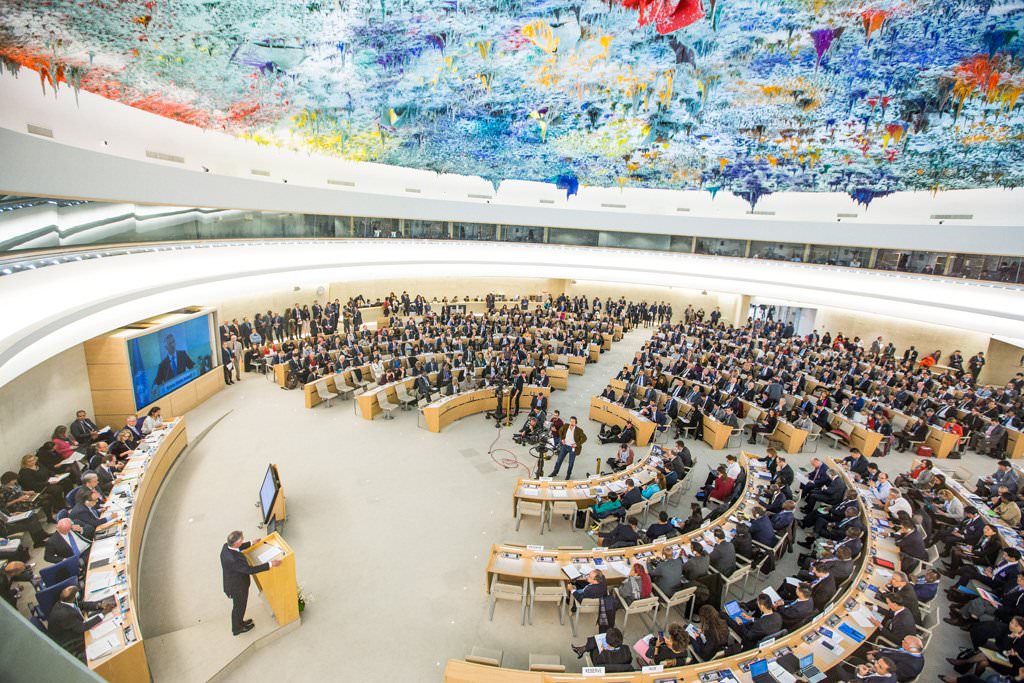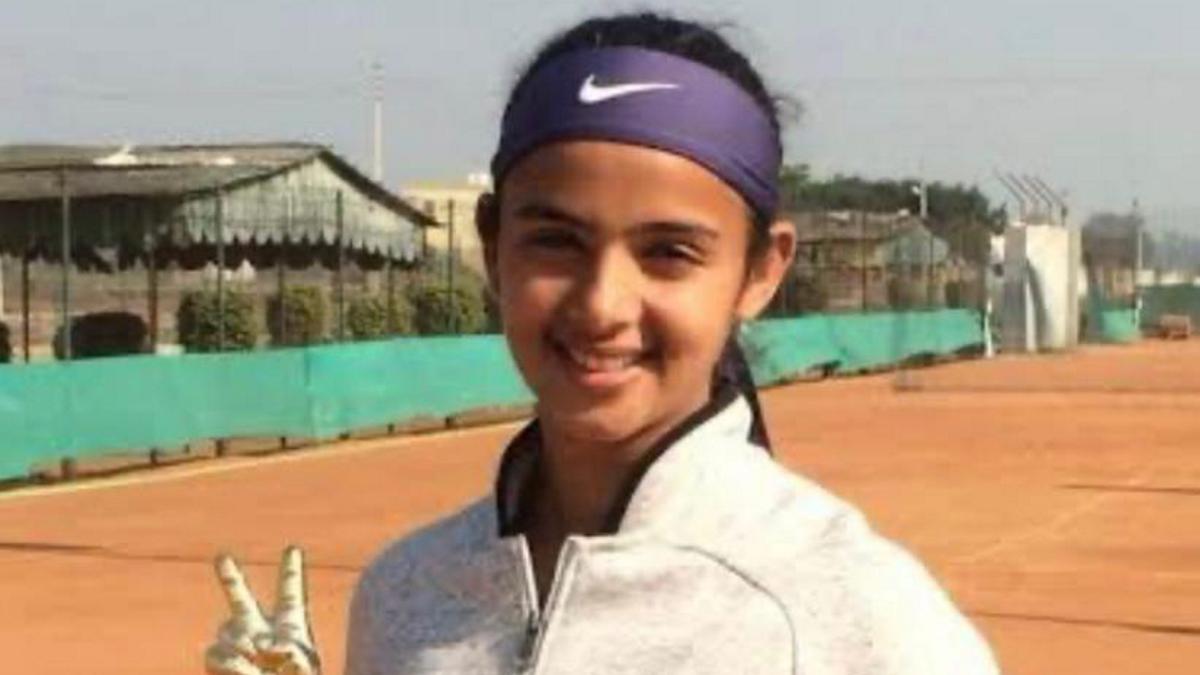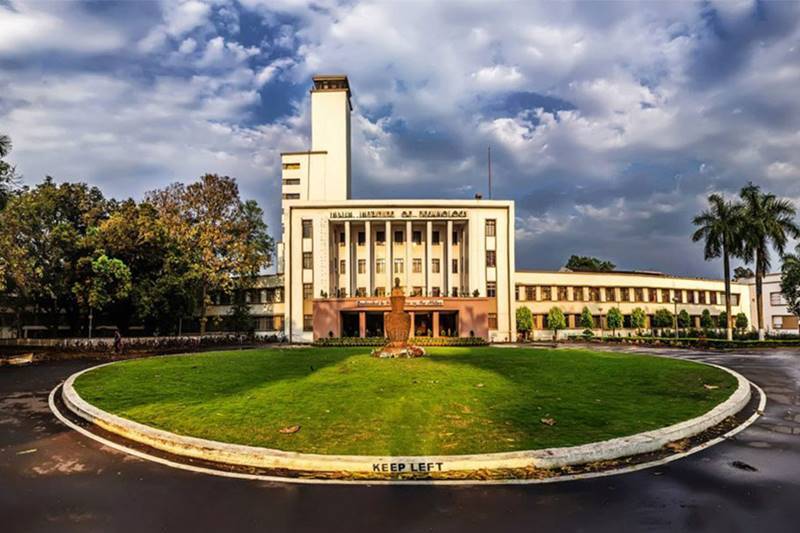India, along with the rest of the world is churning in a right wing political storm. All around the world, right wing political governments are coming to power and violence is increasing day-by-day. The live telecast of India’s third UPR or (Universal Periodic Review) displayed some of the major human rights violations which India as a country is performing.
So what is a UPR? It’s a process by which the human rights situations of all the UN Member States is reviewed. It’s a state driven process, under the leadership of the Human Rights Council, which provides the opportunity for each state to provide answers to what measures they have taken to improve the human rights situations in their countries and what steps they have taken to fulfil their human rights obligations.
One of the most unique features about the UPR is the equality of treatment in terms of all countries in relation to the assessment of their human rights. India was a popular pick for this UPR, with a record 112 countries lining up to review the country’s human rights situation. South Africa beat India by a single vote and won the first place for UPR with 113 countries participating in it’s UPR. Brazil, Indonesia, Morocco and Philippines are tied up for the third place.
So how does a UPR take place? An interactive discussion is conducted between the State under review and other UN Member States. This takes place during a meeting of the UPR Working Group. During the discussion any UN Member State can pose questions, comments and/or make recommendations to the States under review.
The troikas generally group issues or questions to be shared with the State under review to ensure that the interactive dialogue takes place in a smooth, orderly and just manner. Originally the duration of the review was three hours for each country in the Working Group during the first cycle. Since the second cycle the time has been extended to three hours and thirty minutes.
Let’s come to the issues that were raised by the 112 countries at India’s third UPR. Since a right-wing government has been governing India from 2014 onwards, there were a flurry of questions with regard to violence against minorities and violation of civil rights of minority communities. Questions which are uncomfortable for the modern and “progressive” India that our political leaders are trying so hard to portray were raised.
Questions on lawlessness with regard to religion-based discrimination, attacks on religious minorities, violence and stigmatization of Dalits (a burning issue since the first review), crushing of dissent, limitations to free speech, reports of excessive usage of force in Jammu & Kashmir all have been raised. Furthermore, AFSPA (Armed Forces Special Powers Act) which has been a bone of contention choking India’s human rights and civil rights freedom since decades, marital rape, honour killings, child labour, were all questioned in the UPR. Most countries have asked Section 377 of the Indian Penal Code to be annulled and sexual freedom to be provided to the LGBTQIA+ community.
Questions which are uncomfortable for the modern and “progressive” India THAT our political leaders try so hard to suppress were raised.
For those of us living our “modern” urban lifestyles, entangled in our own troubles and not having time to indulge in the real problems of our country – the illusion of “progressive modern India” making our mark in the world was quite miserably shattered if you watched the live telecast of the UPR on 4th May, 2017. The issues which were raised are a reality which India has been living with since time immemorial. With evolving times, the ways to conduct repressive acts based on these actions have evolved and newer ways have been found to violate human rights.
Also Read: Irom Sharmila, AFSPA And The Quest For Freedom In Manipur
So what were the answers which were provided by the Attorney General with regard to the issues raised by the reviewing countries? Attorney General Mukul Rohatgi led the Indian delegation consisting of secretary (West) Ruchi Ghanashyam, Additional Solicitor General of India P S Patwalia and senior officials from the Ministry of External Affairs, Home, Women and Child Development, Social Justice and Empowerment, Minority Affairs, Rural Development Ministries and the NITI Aayog.
With evolving times, the ways to violate the Human rights of different communities have also evolved.
The very first thing which I noticed when covering the live telecast was how the delegation was a “manel” with very few women actually being on the panel and answering questions directly. With various questions raising the point of growing intolerance and violence towards women, India’s attempts at answering the questions seemed quite vague.
Let us review the most contentious questions being raised, one by one. The burning issue which has been putting India to shame since the time of Independence was the issue of Kashmir and it’s occupancy. Pakistan raised concerns about the nature of violence and intolerance taking place in Kashmir, the most recent being the Internet ban on the state, jarring major communication networks between the state and the rest of the world.
India replied that the violence and the measures taken to prevent the violence was because of the provocation that its neighbouring state had been creating over the years. Kashmir has been a bone of contention since decades and throughout the years the human rights situation has worsened with India even denying permission to United Nations Human Rights Commission (UNHRC) to enter Kashmir.
Also Read: End Repression in Kashmir: A Call from the Civil Society
The other most contentious issue raised by member nations in UPR 3 was the question of the archaic Section 377, which India holds very dear to it’s heart and is therefore finding it so difficult to let go of! For those of us who are unaware of Section 377 of the Indian Penal Code, it criminalises sexual acts which are “unnatural”, which are against the so called “course of nature” thereby preventing the LGBTQIA+ community (or even heterosexual people for that matter) to openly portray their sexual orientation and have equal fundamental rights!
Most countries have asked India to repeal the act and thereby provide equal rights to all it’s citizens. India’s reply to this burning question, was that a Supreme Court bench on the protection of Section 377 was to be constituted soon, so as to discuss the rights of the LGBTQIA+ community.
Throughout the years the human rights situation in Kashmir has worsened with India even denying permission to UNHRC to enter Kashmir.
Marital rape has been a topic of discussion within India for a long time and the hypocrisy of the Indian government surrounding marital rape has been astonishing. A majority of the member nations have questioned the provision of marital rape, the rising violence against women in the country and forced sterilisations. The provision of marital rape has been a long disputed trope, with the government mostly arguing that the Hindu marriage being a sacrament it is not in the “Indian culture” to have marital rape as a problematic area. What is done here quite subtly is that a generalisation is being made keeping Hindu culture in mind and thereby ignoring all other religions existing within India. We do however live in a “secular, democratic, socialist state”!
Many member nations have questioned the aspect of death penalty as a punishment that the Indian Penal Code still upholds. To this the Attorney General answered that death penalty is used only in the “rarest of rare cases” thereby quite visibly supporting it. With the Supreme Court upholding the death penalty for the four convicts of Jyoti Singh’s brutal rape and murder, it is quite clear what India’s status is with respect to death penalty and annulment of the same.
Of the other things that were questioned, child labour, right to privacy, and the Foreign Contributions Regulation Act (FCRA) were topics which were widely raised by the member nations. Although the glaring violations of human rights were discussed there were plenty of projects which were lauded by the different member nations the topmost being the passage of the Transgender Bill 2016 and schemes like Beti Bachao, Beti Padhao, which have been created by the government to provide comprehensive education to girls and women so as to support them.
Where there have been vigilante groups pursuing “Gau-Raksha” in different parts of the country, India believes that it’s still “celebrates diversity“
An overview of the entire process tells us a couple of things which are very important for us as citizens of India as well as the world to understand. Given the fact that recommendations are made by various countries and a defensive statement is issued by the country being reviewed, it is highly important for us to analyse the process. While we are assessing the entire situation from a theoretical point of view, the ground realities of the country are being ignored. For example, there has been rising violence against the Muslims and gau-raksha has become a new agenda, which many state governments of India are pursuing, thereby violating some of the basic fundamental laws of the country. The Attorney General however still feels that, India “celebrates diversity”.
The most problematic area of the entire process is the fact there is no concrete penalisation if the reviewed country does not incorporate the suggested reviews in it’s legal system. If India does not incorporate the necessary changes and ignore its serious human rights violations by brushing them under the carpet, things are soon going to go out of hand and very soon it will face violations from the international community.
Featured Image Credit: The Outlook India
About the author(s)
Megha has done her Masters in Women’s Studies from TISS, Hyderabad. She enjoys reading, writing and research on feminism, culture and social issues. She is a Bong and foodie. She tweets @marik_megha.




